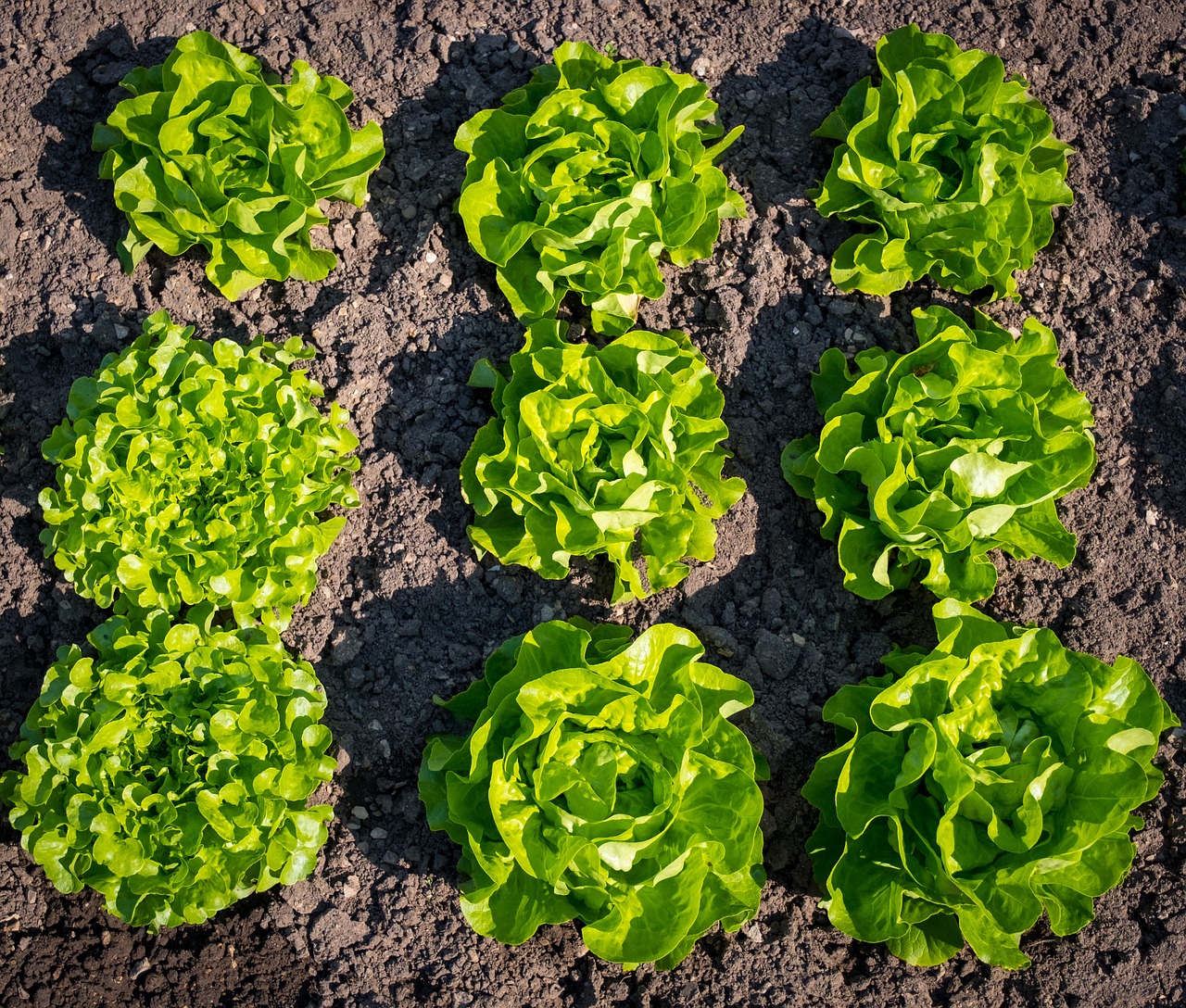
Georgia’s diverse climate and rich soil make it an ideal region for growing a wide variety of vegetables throughout the year. Whether you’re a seasoned gardener or just starting your green thumb journey, this comprehensive guide will provide you with valuable insights and tips on when to plant different vegetables in Georgia. From cool-season crops to warm-season delights. We’ll ditch the jargon and navigate the vibrant seasons, whispering the secrets of when to sow for a flourishing harvest.
Table of Contents
Understanding Georgia’s Climate
Georgia’s climate is classified as humid subtropical, with hot summers and mild winters. The state is divided into three climate zones: Coastal Plain, Piedmont, and Mountain. Understanding your climate zone is essential for planting vegetables at the right time.
Coastal Plain Climate Zone
The Coastal Plain climate zone has a long growing season, with mild winters and hot summers. Vegetables that thrive in this zone include:
- Tomatoes
- Peppers
- Okra
- Eggplant
- Sweet Potatoes
- Watermelon
- Cantaloupe
Piedmont Climate Zone
The Piedmont climate zone has a shorter growing season than the Coastal Plain, with colder winters and hot summers. Vegetables that thrive in this zone include:
- Broccoli
- Cabbage
- Carrots
- Lettuce
- Spinach
- Radishes
- Turnips
Mountain Climate Zone
The Mountain climate zone has the shortest growing season, with cold winters and mild summers. Vegetables that thrive in this zone include:
- Cabbage
- Carrots
- Lettuce
- Spinach
- Radishes
- Turnips
- Peas
Planting Seasons for Vegetables in Georgia
Knowing the planting seasons for vegetables in Georgia is crucial for a successful harvest. Here are the planting seasons for some popular vegetables:
Spring Planting Season
The spring planting season in Georgia typically starts in March and lasts until May. Vegetables that can be planted during this season include:
- Broccoli
- Cabbage
- Carrots
- Lettuce
- Spinach
- Radishes
- Turnips
- Peas
Summer Planting Season
The summer planting season in Georgia typically starts in May and lasts until July. Vegetables that can be planted during this season include:
- Tomatoes
- Peppers
- Okra
- Eggplant
- Sweet Potatoes
- Watermelon
- Cantaloupe
Fall Planting Season
The fall planting season in Georgia typically starts in August and lasts until October. Vegetables that can be planted during this season include:
- Broccoli
- Cabbage
- Carrots
- Lettuce
- Spinach
- Radishes
- Turnips
Tips for Successful Vegetable Gardening in Georgia
Here are some tips for successful vegetable gardening in Georgia:
Soil Preparation
Preparing your soil is crucial for a successful harvest. Georgia’s soil is typically clay-based, which can be challenging for growing vegetables. Adding organic matter such as compost or manure can improve soil quality.
Soil pH
Most vegetables thrive in slightly acidic to neutral soil (pH 6.0-7.0). Conduct a soil test to determine the pH level and make necessary amendments to optimize plant growth.
Watering
Watering your vegetables is crucial, especially during hot summers. Water your vegetables deeply and regularly, but avoid overwatering, which can lead to root rot.
Pest Control
Pests such as aphids, caterpillars, and beetles can damage your vegetables. Use natural pest control methods such as companion planting, crop rotation, and organic pesticides.
What is the best time to plant tomatoes in Georgia?
Tomatoes can be planted in Georgia during the summer planting season, which typically starts in May and lasts until July.
Can I grow lettuce in Georgia?
Yes, lettuce can be grown in Georgia during the spring and fall planting seasons.
How often should I water my vegetables in Georgia?
Water your vegetables deeply and regularly, especially during hot summers. Avoid overwatering, which can lead to root rot.
Are there any vegetables that can be grown in multiple seasons in Georgia?
Yes, some vegetables can be grown in multiple seasons through succession planting. For example, beans, cucumbers, and squash can be planted in both spring and summer, ensuring a continuous harvest throughout the growing season.
Can I grow vegetables indoors during the winter in Georgia?
Absolutely! Winter is a great time to engage in indoor gardening. You can grow a variety of herbs, such as basil, thyme, and parsley, on your windowsill or under grow lights. Additionally, microgreens, such as kale, radish, and sunflower sprouts, can be grown indoors to add fresh greens to your meals during the colder months.
